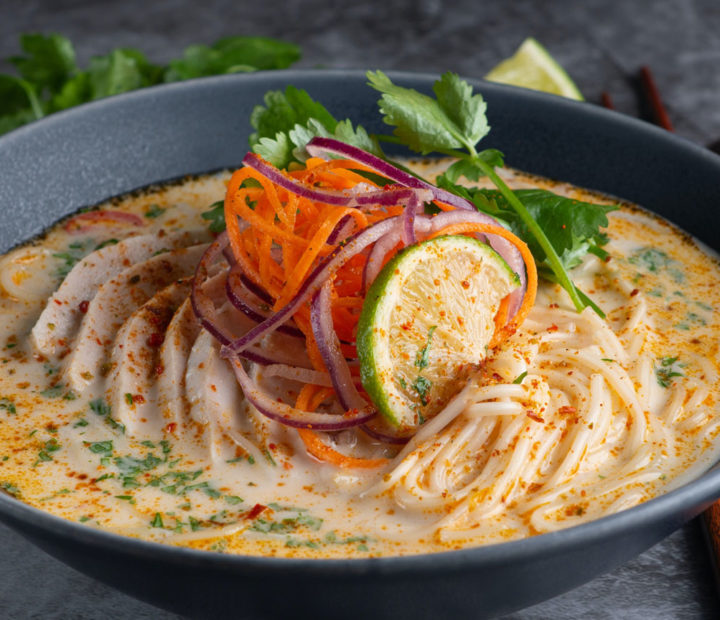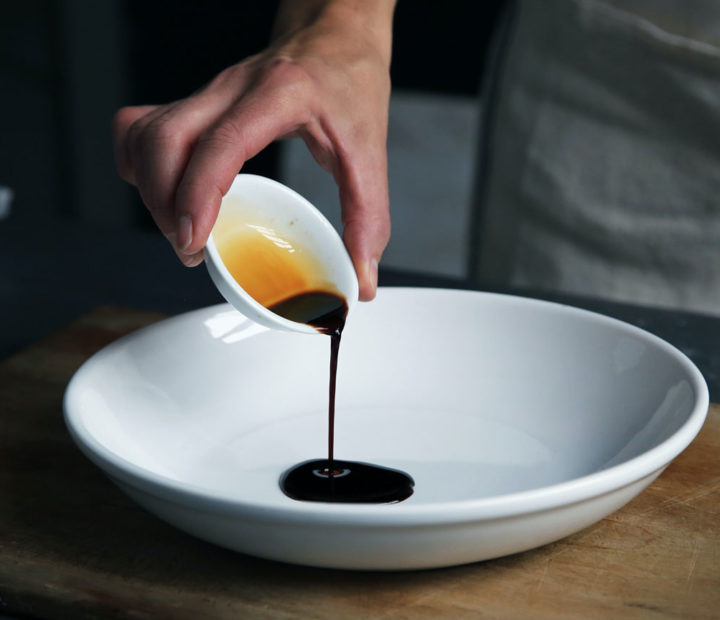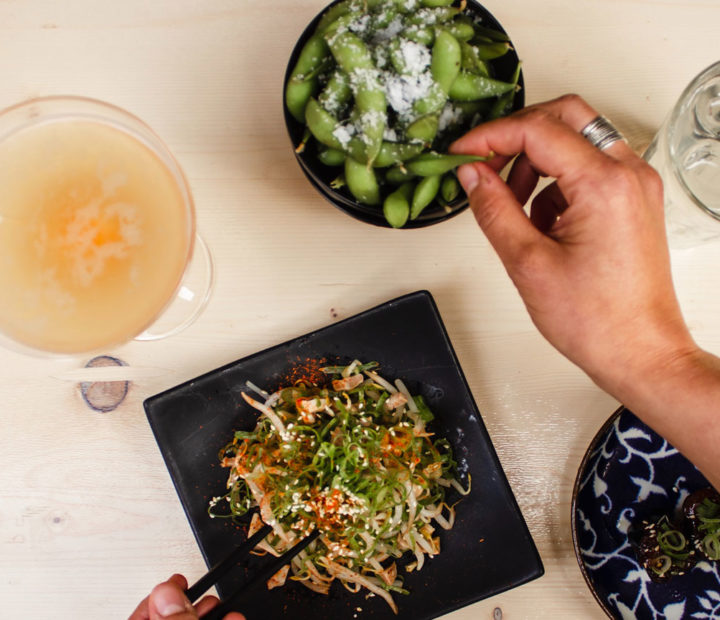8th November, 2021
 I was raised eating simple, English food, delivered in a plain, Mediterranean style. My mother is a wonderful cook, her mother a prolific gardener, and between them, the bushels of chard, spinach, beans that used to fill our fridge every week, and my mother’s generous hand with the olive oil, most meals were simple dishes of pasta, rice, or lentils, piles with leaves slowly simmered and slicked. It was, and remains, nourishing and soulful, and altogether desirable in almost any mood.
I was raised eating simple, English food, delivered in a plain, Mediterranean style. My mother is a wonderful cook, her mother a prolific gardener, and between them, the bushels of chard, spinach, beans that used to fill our fridge every week, and my mother’s generous hand with the olive oil, most meals were simple dishes of pasta, rice, or lentils, piles with leaves slowly simmered and slicked. It was, and remains, nourishing and soulful, and altogether desirable in almost any mood.
But as I grew, the need for comfort started to be outweighed by the need for excitement, edge, and the addition of acidity became fully integrated, the dash of vinegar and lemon juice at the end of cooking, the judicious application of white wine at the beginning. At the same time, my horizons were extending, beyond the confines of southern and western Europe, and out into the world, with a rapacious interest in the great culinary traditions of India, China, and perhaps most importantly of all, Japan.
What excited me most about Japanese gastronomy then, and still now, is the utterly improbable tension between complexity, purity, concentration,and depth. A delicate-looking broth, pale and clear, can absolutely carry you away on deep resonant waves of flavour, an almost overwhelming sense of potency washing over you with ethereal lightness. sparkling with taught electric energy. I remain absolutely fascinated by this, and though I would never dishonour the Japanese cuisine by claiming it an influence, I am ceaselessly inspired by so much about it, especially that which finds no equivalent within the European tradition.
Mizkan Shiragiku is precisely this. A spirit vinegar brewed from sake lees, which in turn is dependent on Koji, tastes like no European vinegar I’ve ever encountered. Light, long, sweet, sharp, and remarkably savoury, its extraordinary capacity to combine multiple complex flavour components in one taste makes for an extraordinary and stimulating new discovery in the kitchen. Used in split vinaigrettes, to finish broths, to bolster dressings, to cut through sauces, it suggests so many exciting uses for itself, many of which I’ve spent the last few weeks engaged in experimenting with. Koji, the mould on which the sake making process depends, has no history in Europe, and it’s only recently that knowledge of the unique flavour potential of the koji on various grains, proteins and vegetables has started to become more widespread in Europe. As such, there’s nothing within our British vinegar making traditions that could taste anything like this, not even considering the fact that so many of our precious foodways have been lost to rampant industrialization and mass production.
I recently found myself craving some of that homely cooking of my mothers, and, armed with some beautiful rainbow chard, set about gently cooking it in the liquor of gently braised white beans, along with some good olive oil and shaved garlic. While it was every bit as delicious as I remember, it became transcendent with the addition of the Shiragiku at the end, magically adding both delicate acidity and savoury depth in the same moment. It was a revelation, and an illustration of just how remarkable this style of vinegar is, and how grateful we can feel to the country of Japan, both for developing it, for safeguarding it and finally for sharing it with us.
Recipes developed by Jackson Boxer, containing Shiragiku:



A big part of Japanese cuisine is its noodles. This blog will guide chefs about the different types of Japanese noodles available, what they’re made of and the different recipes that can be made.

Sauces are a major part of Japanese cuisine. Explore the top Japanese sauces and how chefs can use our high-quality ingredients to recreate them and serve alongside fusion dishes.

World Vegan Month celebrates how far the Vegan movement has come. In its honour, we have a list of exciting vegan Japanese recipes that chefs can use as inspiration to develop their own dishes.